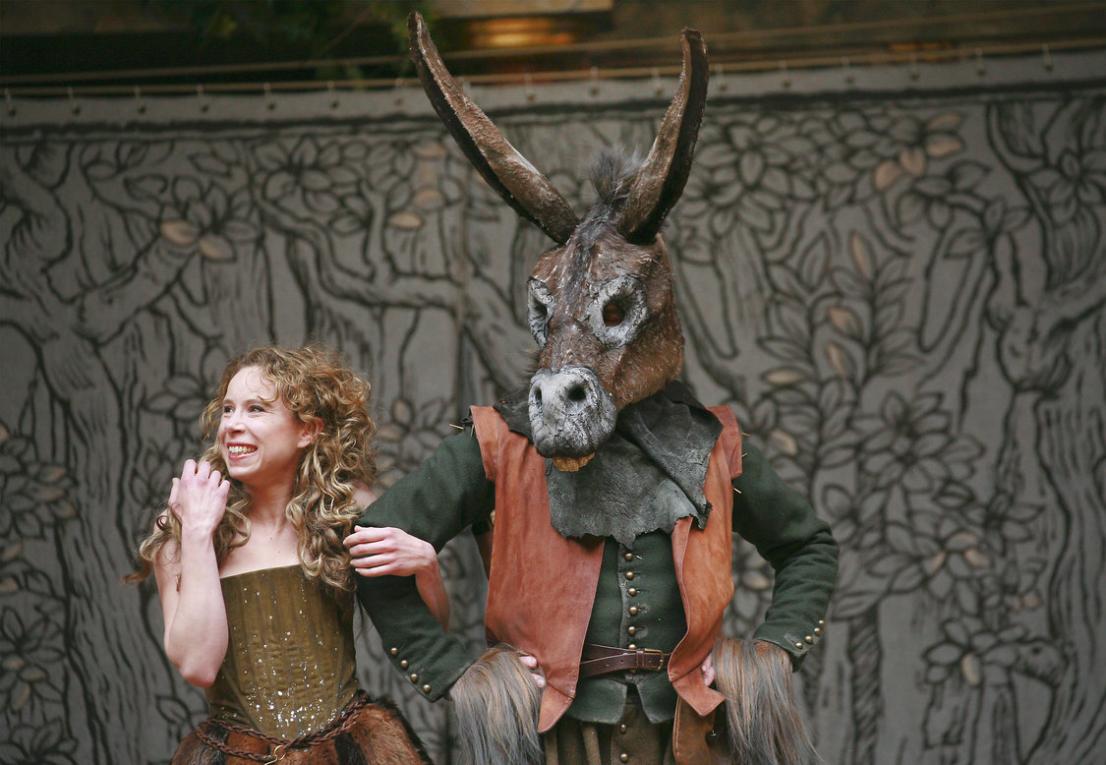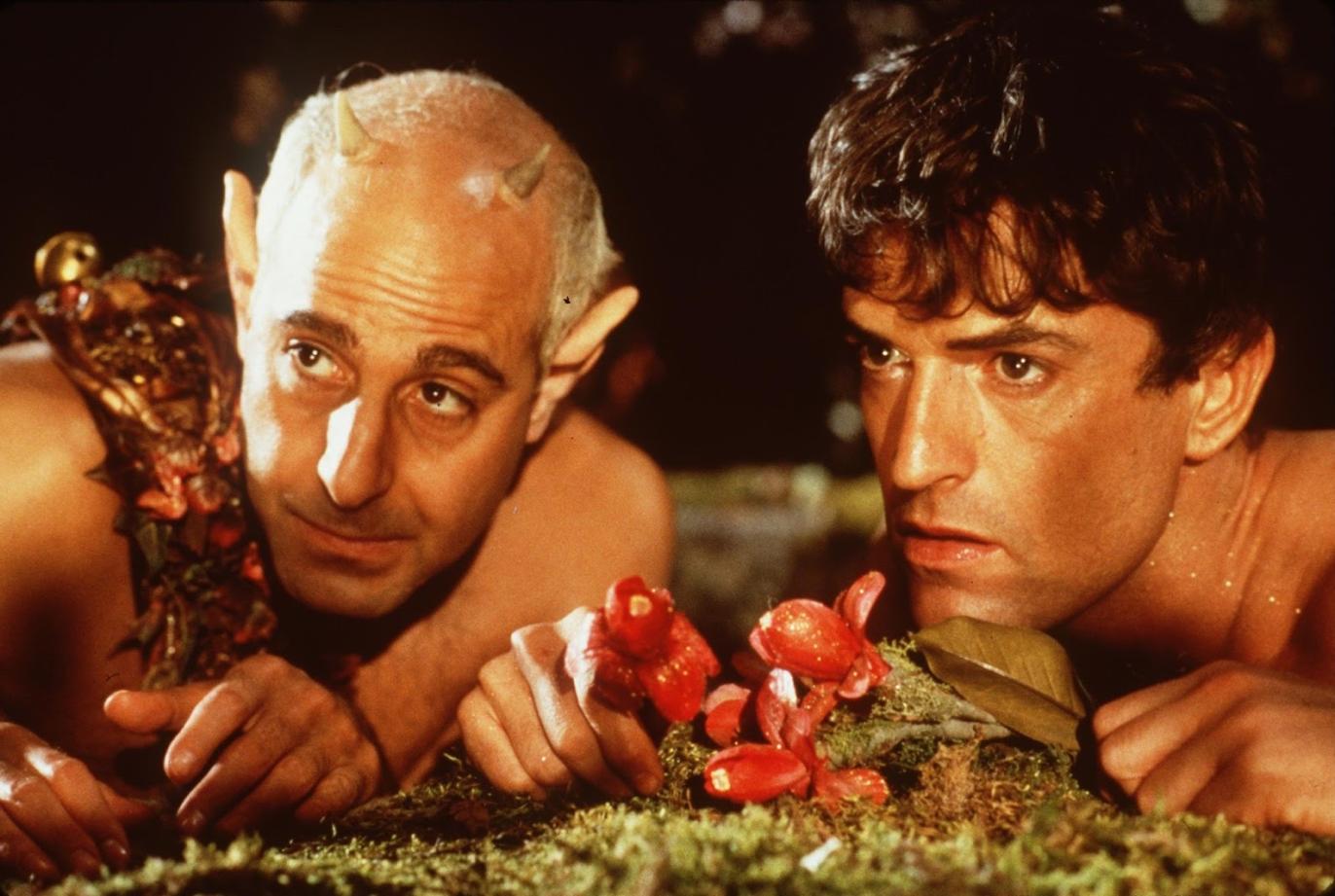How Does Shakespeare Use A Midsummer Night's Dream to Comment on Society?
William Shakespeare's A Midsummer Night's Dream is a comedic masterpiece that explores love, magic, and the supernatural. However, beneath its whimsical surface, the play also contains a wealth of social commentary, reflecting the Elizabethan era's societal issues and cultural landscape.

Historical And Cultural Context
The Elizabethan era was a time of great social and cultural change. The rigid class structure and the power dynamics between different social classes were firmly entrenched. Women's roles in society were changing, and expectations for them were evolving. Additionally, there was a fascination with fairies, magic, and the supernatural.
Social Class And Power Dynamics
- Shakespeare uses the interactions between the characters to reflect the social hierarchy of his time.
- The contrast between the royal court and the world of the fairies highlights the vast gulf between the upper and lower classes.
- The power struggles within the fairy kingdom and the consequences of abusing power parallel the political intrigues and power struggles in the human world.
- The portrayal of the working-class characters, such as Bottom and his fellow craftsmen, offers a glimpse into the lives and struggles of the common people.
Gender Roles And Expectations
- Shakespeare challenges traditional gender roles through the characters in A Midsummer Night's Dream.
- Strong and independent female characters, such as Titania and Hippolyta, defy the conventional expectations for women in Elizabethan society.
- The portrayal of men who are manipulated or controlled by women subverts traditional notions of masculinity.
- The exploration of love and relationships beyond societal norms questions the rigid gender roles and expectations of the time.
Love And Relationships
- Shakespeare uses the play to explore different aspects of love and relationships.
- The contrast between true love and infatuation highlights the complexities of human relationships.
- The theme of unrequited love and its consequences delves into the pain and heartache that can arise from unfulfilled desires.
- The transformative power of love and its ability to overcome obstacles celebrates the enduring nature of true love.
Magic And The Supernatural
- Shakespeare uses magic and the supernatural to comment on society in A Midsummer Night's Dream.
- The portrayal of fairies as both benevolent and mischievous creatures reflects the Elizabethan fascination with the supernatural.
- The use of magic to create chaos and confusion satirizes the unpredictable and often chaotic nature of human society.
- The exploration of the boundaries between reality and illusion questions the nature of truth and the reliability of our perceptions.
A Midsummer Night's Dream is a timeless classic that continues to resonate with audiences today. Shakespeare's skillful use of social commentary, wit, and humor creates a play that is both entertaining and thought-provoking. The play's enduring relevance lies in its ability to reflect the complexities of human relationships, the challenges of social hierarchy, and the transformative power of love.
Shakespeare's A Midsummer Night's Dream is a valuable resource for exploring the social and cultural issues of the Elizabethan era. The play's enduring relevance lies in its ability to reflect the complexities of human relationships, the challenges of social hierarchy, and the transformative power of love.

YesNo

Leave a Reply